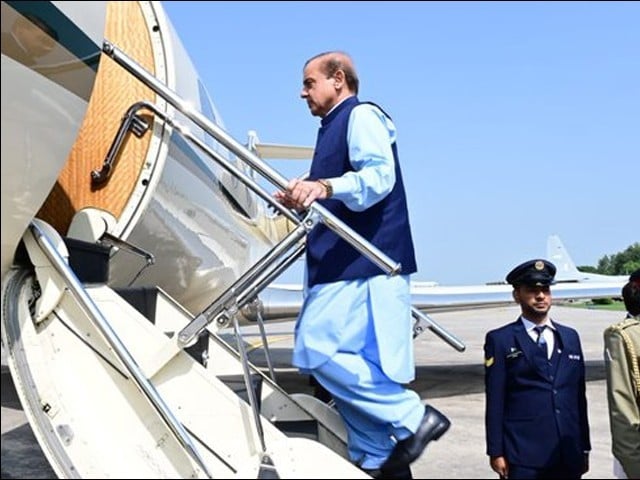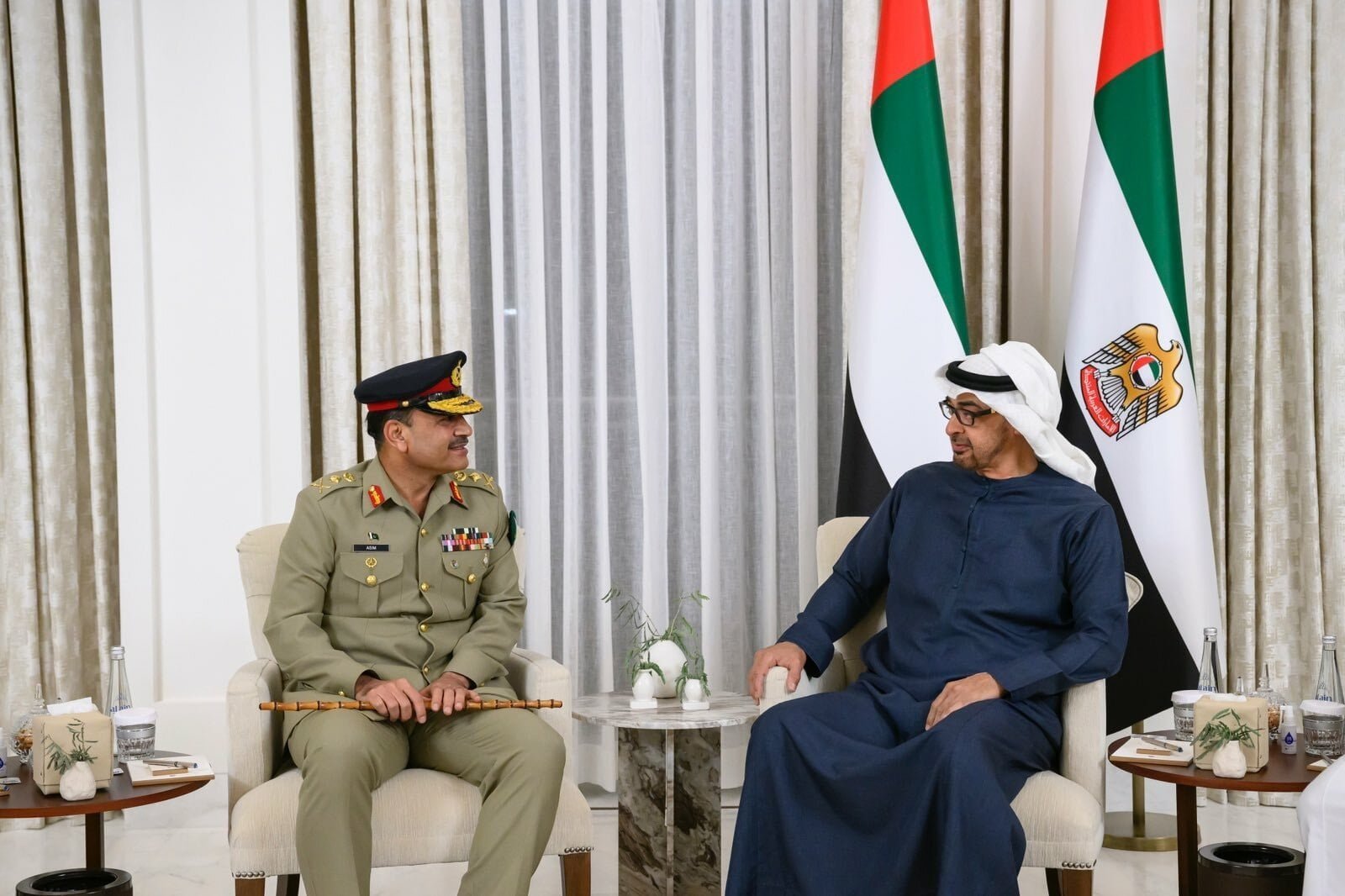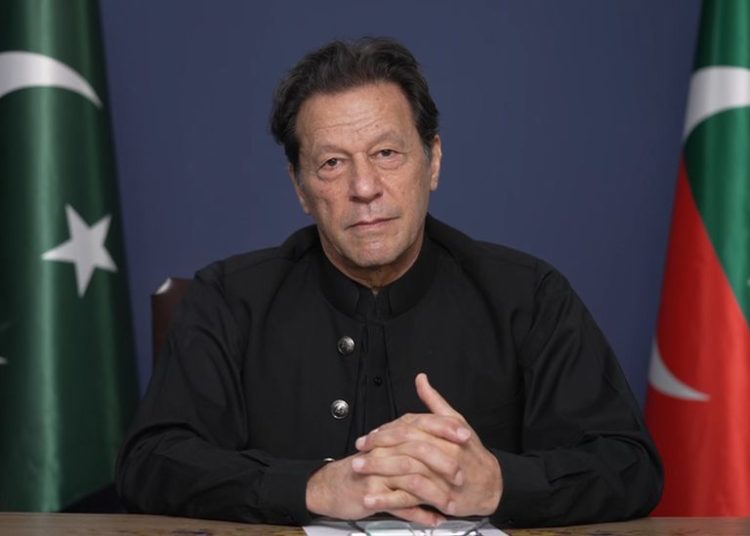Prime Minister Shehbaz Sharif wrapped up a significant two-day official visit to Belarus on Friday, calling it a “monumental” step forward in strengthening ties between the two nations. During the visit, Pakistan and Belarus signed several key agreements and memorandums of understanding (MoUs) to boost cooperation in areas like defense, trade, environmental protection, and labor exchange.
In Minsk, Sharif met with Belarusian President Aleksandr Lukashenko and led high-level delegation talks. The discussions focused not just on bilateral relations but also on broader regional and international matters.
According to state media, the two countries signed a cooperation agreement between their interior ministries and a roadmap for military-technical collaboration from 2025 to 2027. Other agreements covered trade development, business support, postal services, environmental sustainability, and enhanced coordination between trade organizations.
Calling it a historic moment in Pakistan-Belarus relations, PM Sharif highlighted some major outcomes of the visit on social media. These included a plan to send over 150,000 skilled Pakistani workers to Belarus, joint ventures in electric bus and agricultural machinery manufacturing, and increased collaboration in agriculture and food security.
“We’re turning a longstanding friendship into a strong, results-driven partnership,” Sharif said.
Sharif also emphasized Pakistan’s interest in Belarus’s expertise in mining equipment manufacturing, suggesting it could greatly benefit Pakistan’s untapped mineral sector. Speaking at a ceremony in Minsk, he noted, “There’s no reason we shouldn’t benefit from your industrial experience.”
He proposed launching direct flights between the two countries to further strengthen ties and thanked the Belarusian leadership for welcoming Pakistani professionals and workers.
With 65% of Pakistan’s population living in rural areas, the Prime Minister stressed the importance of agricultural collaboration. He called for joint ventures to manufacture farming equipment in Pakistan — a move that would support local farmers and create opportunities for both Belarusian and Pakistani companies.
Although trade between the two countries has traditionally remained between $50 to $65 million annually, officials on both sides are optimistic that these new agreements will pave the way for more robust economic cooperation.
Sharif also met Belarusian parliamentary leaders and agreed to deepen legislative ties between the two countries.
As he departed from Minsk International Airport, Prime Minister Sharif was officially seen off by Belarusian Prime Minister Alexander Turchin, Foreign Minister Maksim Ryzhenkov, and Pakistani embassy officials.
















